Best movies & TV Shows like Osiecka
A unique, carefully handpicked, selection of the best movies like Osiecka Starring Magdalena Popławska, Karolina Piechota, Piotr Żurawski, Maria Pakulnis, and more. If you liked Osiecka then you may also like: N Is a Number: A Portrait of Paul Erdös, Afterimage, Blind Chance, Zacma: Blindness, Cold War and many more popular movies featured on this list. You can further filter the list even more or get a random selection from the list of similar movies, to make your selection even easier.
A fascinating biography of the poet Agnieszka Osiecka. The series presents her life from her early youth in the 1950s until her death in the 1990s. The background of this biographical story is the artistic, moral and political realities of those times, starting with education in a communist school, through studies at the Film School in Łódź, and the colorful world of student theaters - Warsaw's STS and Gdańsk Bim-Bom. It is a story about Osiecka's spectacular successes and failures, both in the fight against censorship and as a result of difficult life choices. The photos were taken in Warsaw, but also in Masuria, Kraków, Tricity, Łódź, Kazimierz Dolny, Opole and Zakopane.
You may filter the list of movies on this page for a more refined, personalized selection of movies.
Still not sure what to watch click the recommend buttun below to get a movie recommendation selected from all the movies on this list
Afterimage
In 1945, as Stalin sets his hands over Poland, famous painter Wladislaw Strzeminski refuses to compromise on his art with the doctrines of social realism. Persecuted, expelled from his chair at the University, he's eventually erased from the museums' walls. With the help of some of his students, he starts fighting against the Party and becomes the symbol of an artistic resistance against intellectual tyranny.
Blind Chance
Witek runs after a train. Three variations follow on how such a seemingly banal incident could influence the rest of Witek's life.
Zacma: Blindness
A little known episode from the life of Stalinist security police office Julia Brystiger. Her nickname Bloody Luna was a reference to her incredibly brutal methods of interrogation. In the early 1960s, she appears in a centre for the blind on the outskirts of Warsaw, a place often visited by Cardinal Wyszyński, whose imprisonment in 1953-1956 Brystiger supervised personally. During a difficult and heated discussion with the cardinal, Brystiger denounces the communist ideology and begs for forgiveness for her crimes and for guidance in her search for God.
The Double Life of Véronique
Véronique is a beautiful young French woman who aspires to be a renowned singer; Weronika lives in Poland, has a similar career goal and looks identical to Véronique, though the two are not related. The film follows both women as they contend with the ups and downs of their individual lives, with Véronique embarking on an unusual romance with Alexandre Fabbri, a puppeteer who may be able to help her with her existential issues.
Escape from the 'Liberty' Cinema
The screening of a movie "Daybreak" at the "Liberty" Cinema is interrupted by an unusual event - actors come to life on the screen, start conversations among themselves, draw the audience into them. Crowds gather around the cinema, the relevant authorities and services wonder what to do in this complicated situation. Also arriving is the censor, a man reaching his fifties, a one-time literary critic and journalist. The line between fiction and reality begins to blur.
Gainsbourg: A Heroic Life
A glimpse at the life of French singer Serge Gainsbourg, from growing up in 1940s Nazi-occupied Paris through his successful song-writing years in the 1960s to his death in 1991 at the age of 62.
A Generation
Stach is a wayward teen living in squalor on the outskirts of Nazi-occupied Warsaw. Guided by an avuncular Communist organizer, he is introduced to the underground resistance—and to the beautiful Dorota. Soon he is engaged in dangerous efforts to fight oppression and indignity, maturing as he assumes responsibility for others’ lives. A coming-of-age story of survival and shattering loss, A Generation delivers a brutal portrait of the human cost of war.
Going to Pieces: The Rise and Fall of the Slasher Film
This historical and critical look at slasher films, which includes dozens of clips, begins with Halloween, Friday the 13th, and Prom Night. The films' directors, writers, producers, and special effects creators comment on the films' making and success. During the Reagan years, the films get gorier, budgets get smaller, and their appeal wanes. Then, Nightmare on Elm Street revives the genre. Jump to the late 90s, when Scream brings humor and TV stars into the mix.
Howl
It's San Francisco in 1957, and an American masterpiece is put on trial. Howl, the film, recounts this dark moment using three interwoven threads: the tumultuous life events that led a young Allen Ginsberg to find his true voice as an artist, society's reaction (the obscenity trial), and mind-expanding animation that echoes the startling originality of the poem itself. All three coalesce in a genre-bending hybrid that brilliantly captures a pivotal moment-the birth of a counterculture.
Man of Iron
In Warsaw in 1980, the Communist Party sends Winkel, a weak, alcoholic TV hack, to Gdansk to dig up dirt on the shipyard strikers, particularly on Maciek Tomczyk, an articulate worker whose father was killed in the December 1970 protests. Posing as sympathetic, Winkel interviews the people surrounding Tomczyk, including his detained wife, Agnieszka.
33 Scenes from Life
The Polish artist Julia and her husband Piotr, a talented and successful composer, live in Kraków. When Julias's mother, Barbara falls ill with stomach cancer, the life of the family is falling apart. Julia accompanies her mother to death, but her husband Piotr is at rehearsals in Cologne and leaves her to cope with this difficult situation. Only her friend Adrian is at her side. Her father Jurek is also overwhelmed by the impending loss of his beloved wife. After the death of the mother her father takes comfort from alcohol. Shortly after the father dies. Julia found only in the arms of Adrian to rest, but this in turn destroyed her marriage to Piotr. After the loss of the parents and break up of the marriage she is now alone in the world with an uncertain future where Adrian is of little help
From a Far Country
This heroic story follows the life of Karol Wojtyla, a Polish Roman catholic who ascends the throne of St. Peter as Pope John Paul II. As a young boy, Karol is a bright and talented student. Archbishop Sapieha recognizes the very special, moving qualities Karol possesses and encourages him to consider the priesthood. Although determined to study Polish literature, Karol turns to the church; he is ordained and studies in Italy, France, and Belgium. Torn by fear and repression in post-Stalin Eastern Europe, Karol becomes a poisonous thorn in the communists' side. His deer reverence and commitment return him to Poland as Pope John Paul II.
Provincial Actors
The film is set in a small town near Warsaw, to which a young and coming director comes to produce a classic play (Wyspianski "Wyzwolenie") with a modern vein. Everyone in the production gets his usual stereotypical role, but the aging idol of the ensemble senses opportunity to give the performance of his life. For young director everything is already set. The leading man, however, is not giving up and is trying to restore the role according to his view. His wife listens to his fears, complaints and frustrations, while resigning herself to a fading career in a puppet theatre.
My Perestroika
Tells the story of five people from the last generation of Soviet children who were brought up behind the Iron Curtain. Just coming of age when the USSR collapsed, they witnessed the world of their childhood crumble and change beyond recognition. Through the lives of these former schoolmates, this intimate film reveals how they have adjusted to their post-Soviet reality in today's Moscow.
At Full Gallop
Zanussi has described the film as his most autobiographical work. A young boy in post-World War II, Communist-dominated Poland, whose father's decision to remain in Britain after the war has made his family politically-suspect with the local Party authorities, is sent by his mother to stay with an "aunt" (in reality an old family friend) in Warsaw.
Reverse
A story about women, set in the present and in 1950s Warsaw. Sabina, a quiet, shy woman who has just turned thirty lacks a man in her life. Her mother knows all about it and tries at all costs to find her daughter a good candidate for a husband. The whole situation is controlled by the grandmother, an eccentric lady with a sharp tongue from whom no secrets can be kept.
The Closed Circuit
The film is set in the Tricity in 2003, ten years after the end of communism in Poland. The plot, apparently based on the real-life experiences of Kraków businessmen Lech Jerzorny and Paweł Rey, is about three young, talented businessmen who open a high-tech factory. This comes to the attention of the local state ‘mafia’, the local Prosecutor, played by Janusz Gajos, and tax office boss, played by Kasimierz Kaczor, who are both jealous and would like to make money for themselves. We are in Poland, so success must be punished.
Landscape After Battle
Film opens with the mad rush of haphazard freedom as the concentration camps are liberated. Men are trying to grab food, change clothes, bury their tormentors they find alive. Then they are herded into other camps as the Allies try to devise policy to control the situation. A young poet who cannot quite find himself in this new situation, meets a headstrong Jewish young girl who wants him to run off with her, to the West. He cannot cope with her growing demands for affection, while still harboring the hatred for the Germans and disdain for his fellow men who quickly revert to petty enmities.
The Lullaby Killer
After a spate of mysterious disappearances in 1950s Kraków, young investigator Karski believes he's on the trail of a vicious serial killer. When his investigation points to wealthy and respected playboy Wladyslaw Mazurkiewicz,Karski finds himself up against his own supervisors, a mysterious woman and the hypnotic charms of Beautiful Wladek himself.
The Art of Loving: Story of Michalina Wislocka
Michalina Wislocka, the most famous and recognized sexologist of communist Poland, fights for the right to publish her book, which will change the sex life of Polish people forever.
Dylan: The Life and Death of a Poet
A drama documentary of the life and death of the poet Dylan Thomas, who died in New York 25 years ago at age 39. Alcohol and a doctor's injection of morphine were the immediate causes. Ever since his childhood in Wales his life was a spectacular attempt - comic at times, serious below the surface, tragic at the finish - to survive on his own bizarre terms as the poet to end all poets. By the 1950s, that first postwar decade of uneasiness and change, Dylan Thomas was a legend to his admirers but a burnt-out case to himself. As he tours America to read poetry to rapt audiences, his past crowds in on him, the fractured memories of a man at the end of his tether.
Beatrix: The Early Life of Beatrix Potter
A biographical film about Beatrix Potter as a young woman.
Interrogation
In Stalinist Poland, cabaret singer Tonia decides to spend the evening drinking with a group of friends. The next morning, she awakes to find that, for reasons unknown to her, she has been jailed as a political prisoner. As prison officials interrogate, torture and humiliate her, she fights for survival and to maintain her innocence by refusing to sign a false confession. As her years of imprisonment pass, her relationship with her captors grows more complicated.
Leave No Traces
In 1983, communist Poland is shaken by the case of high school student Grzegorz Przemyk, who is beaten to death by police. The only witness of the beating becomes the number one enemy of the state.
The Ring with a Crowned Eagle
A Polish Resistance fighter who survived the Nazi years cannot accept the new Communist power.
Alternatywy 4
Alternatywy 4 was a Polish comedy TV series that was finished in 1983. Many famous Polish actors appeared in the series. The filming location used in Alternatywy 4 was a residential complex which is still in existence at 3 Grzegorzewska Street in Warsaw, Poland. The series was a satire to the communist rule in Poland, spoken in a way that it passed through communist censorship office.
Artists
The original, 8-episode series by eminent theatre artists - Monika Strzępka and Paweł Demirski about what is going on behind-the-scenes of one of the muncipial theatres in Warsaw. The story also can be read as an ambiguous metaphor, where artistic problems of cultural activities and hard economic conditions meet.
1983
Twenty years after a devastating terrorist attack in 1983 that halted the course of Poland's liberation and the subsequent downfall of the Soviet Union, an idealistic law student Kajetan and a disgraced police investigator Anatol stumble upon a conspiracy that has kept the Iron Curtain standing and Poland living under a repressive police state.









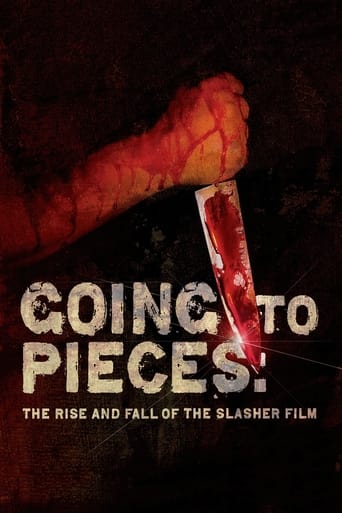

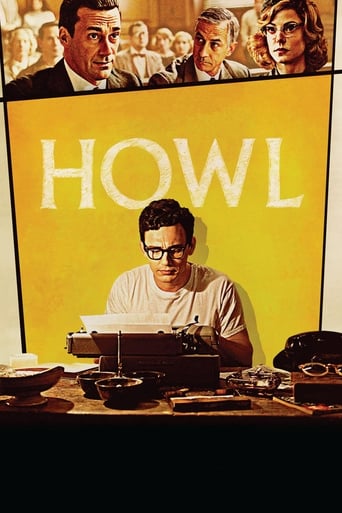




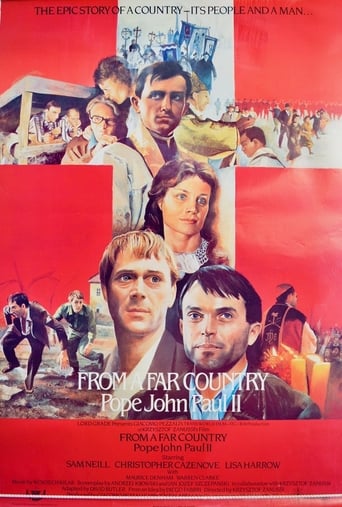










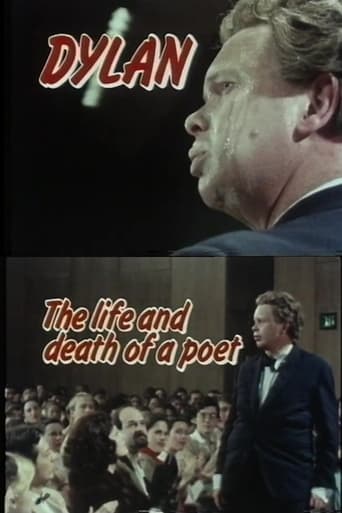







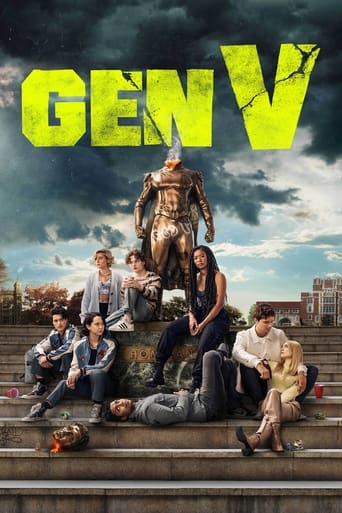

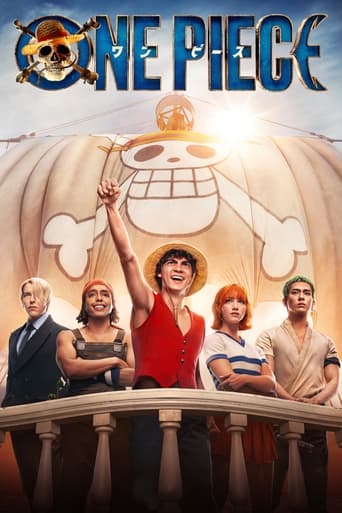
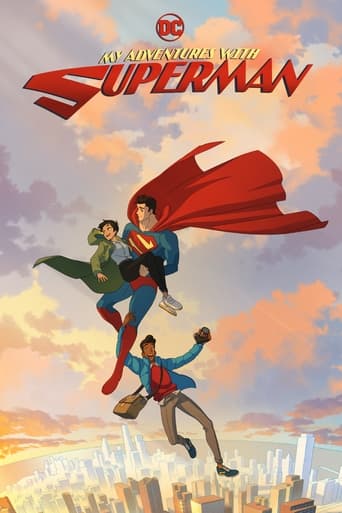
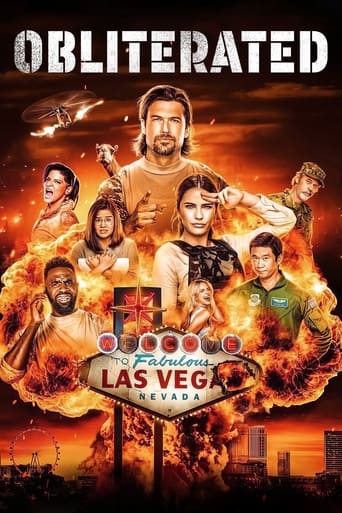
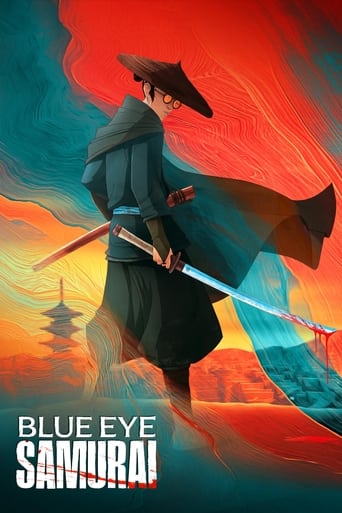
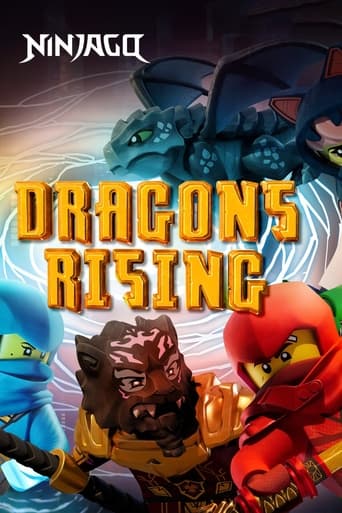
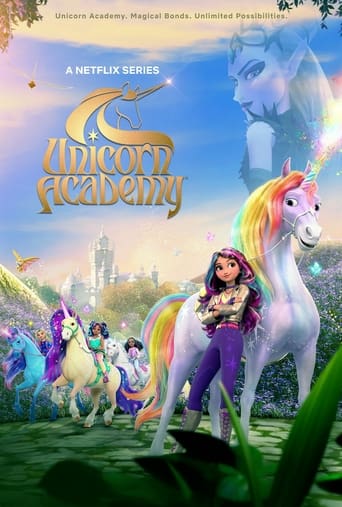
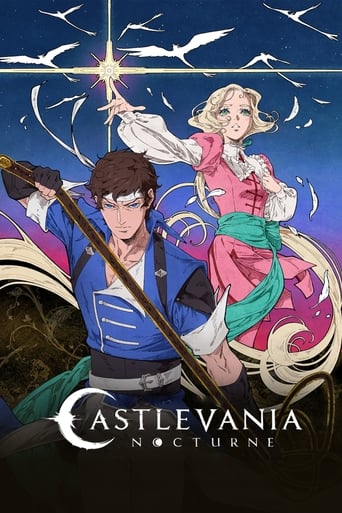


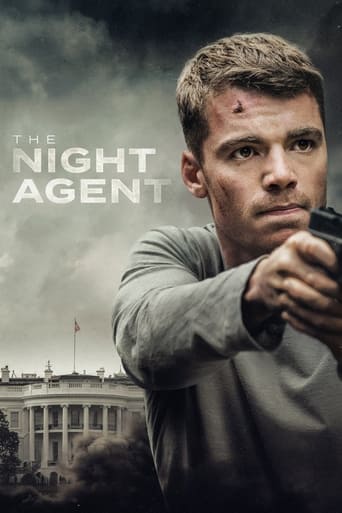
N Is a Number: A Portrait of Paul Erdös
In an age when genius is a mere commodity, it is useful to look at a person who led a rich life without the traditional trappings of success. A man with no home and no job, Paul Erdös was the most prolific mathematician who ever lived. Born in Hungary in 1913, Erdös wrote and co-authored over 1,500 papers and pioneered several fields in theoretical mathematics. At the age of 83 he still spent most of his time on the road, going from math meeting to math meeting, continually working on problems. He died on September 20, 1996 while attending such a meeting in Warsaw, Poland.